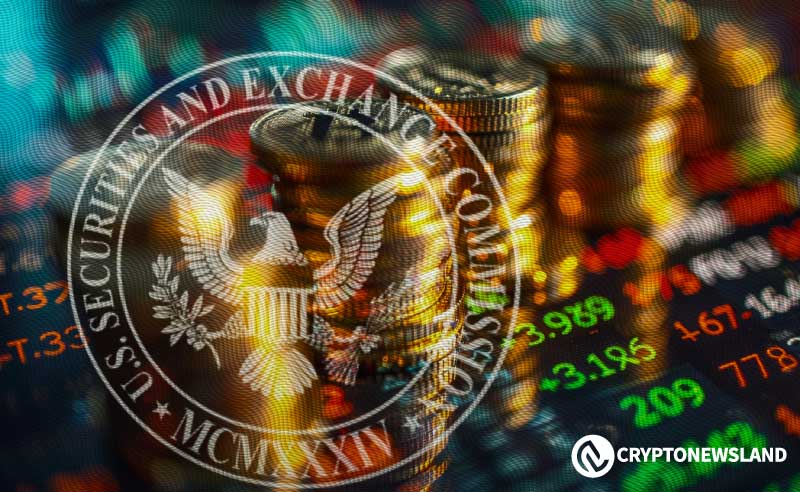- The crypto sector pushes for clear regulations to avoid confusion and encourage diversification.
- Some lawmakers argue the SEC is exceeding its authority over digital custody rules.
- Conversations rise on whether the SEC’s focus on monitoring is hindering innovation in crypto.
The phrase “digital asset security” used by the U.S. Securities and Exchange Commission has raised concerns among lawmakers. In a recent hearing, Rep. Ritchie Torres questioned whether the SEC created the acronym to expand its enforcement control. Torres pointed out that the phrase “digital asset protection” does not appear in any law or ordinance. This has sparked arguments about whether the SEC is overstepping its authority in the industry. Now, many are asking if the SEC’s actions are justified.
Crypto Industry Seeks Regulatory Transparency
Leaders in the digital asset space are pushing for clearer guidelines from the SEC. They argue the current focus on enforcement creates confusion for digital asset firms. The lack of clear rules makes it harder for businesses to innovate and grow in the United States.
Rep. Tom Emmer has also faulted the SEC for its decisions. He claimed the agency is targeting companies trying to comply with the rules. He accused the SEC of leading a “rogue campaign” against the crypto industry. Emmer said the SEC encourages firms to engage but later hits them with enforcement actions. Industry leaders believe clearer rules would support both innovation and legal compliance.
Political Divide on SEC’s Strategy
The SEC’s approach has caused a split in Congress. Some legislators support the SEC’s work, but others think the agency is going too far. Rep. Patrick McHenry , who leads the House Financial Services Committee, opposed the securities exchange’s Chair, Gary Gensler’s, methods. McHenry said the SEC is acting like a “rogue agency” and focusing too much on enforcement.
On the other hand, many Democratic lawmakers back Gensler’s actions. They believe the SEC is protecting investors and keeping economies stable. The difference in views shows how complicated it is to govern the fast-changing digital property sector.
As the debate continues, regulators and industry officials are waiting to see how the future of digital investment regulation will develop.



